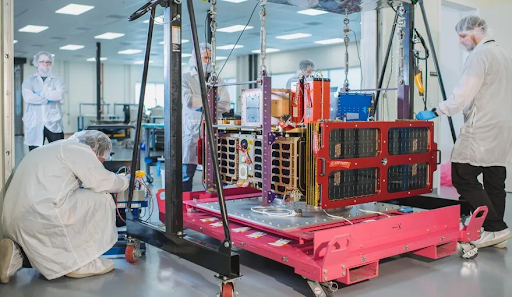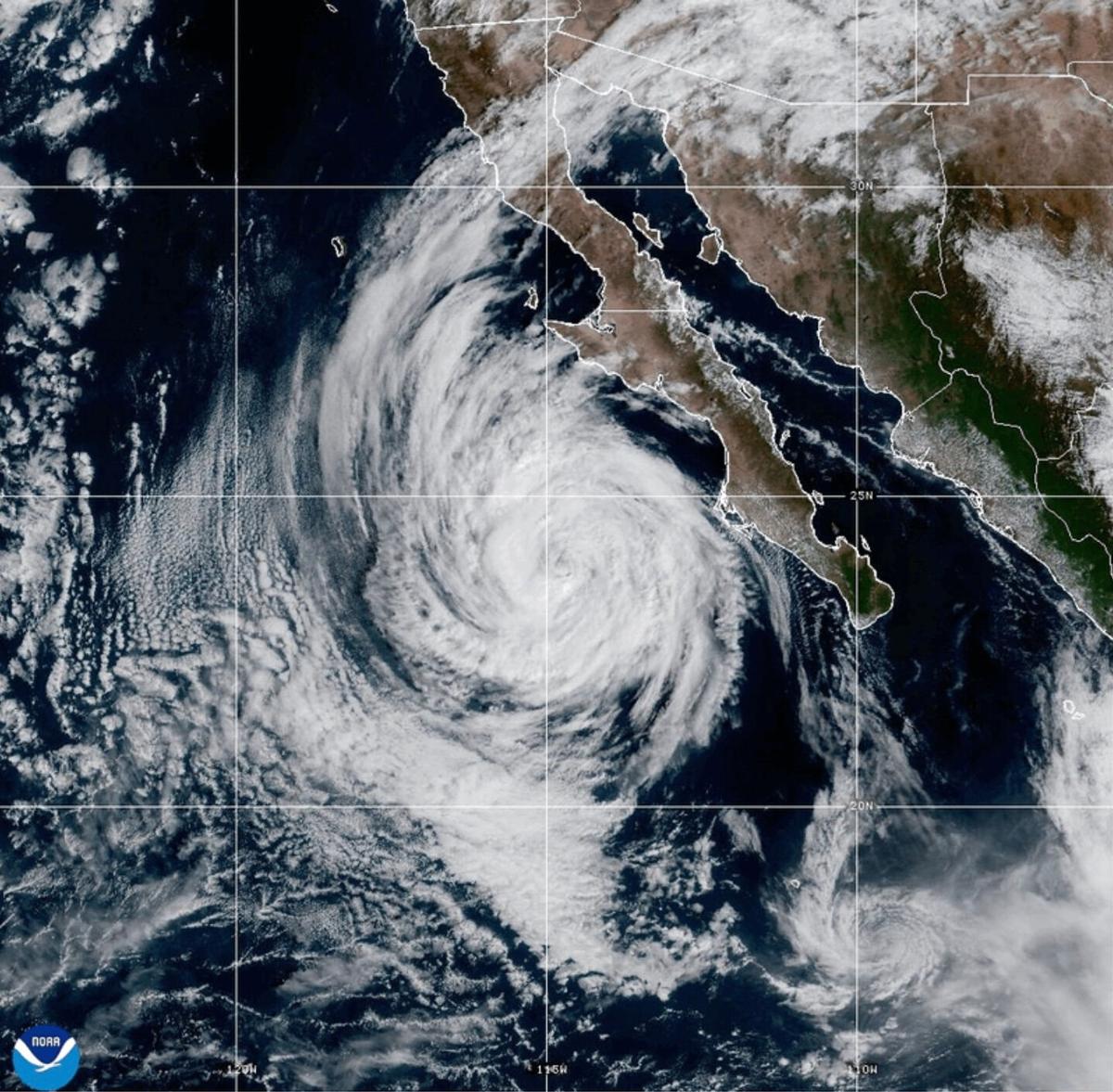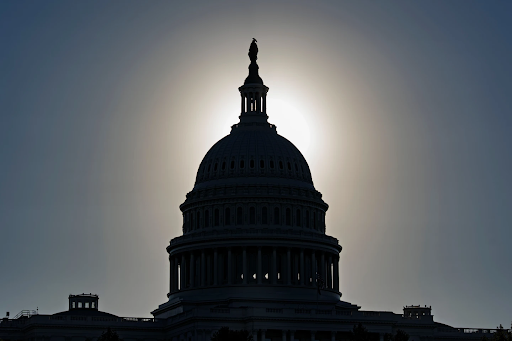Spicy Foods, Dangerous or Delicious
Spicy foods do have some negative effects but overall can be really healthy.
Spicy foods have both dangers and benefits.
October 25, 2021
Have you ever enjoyed a spicy bag of chips or a couple of hot peppers? You’re not the only one! Many people take delight in eating spicy foods. According to Kalsec, 80% of U.S. consumers above 18 now say that they enjoy hot foods. However, many people think that spicy foods are dangerous. Are they really?
As seen in EatThisNotThat, these foods can cause eczema and acne by causing inflammation in the gut and causing breakouts on your skin. They also stated that eating spicy foods may influence your voice by causing throat swelling, soreness, and muffling.
Spicy foods aren’t all bad. According to Healthline, these foods can actually fight off cancerous cells. A UCLA study published by the Cancer Research Journal, discovered that a chemical found in chili peppers, called “capsaicin,” can actually prevent growth in prostate cancer cells in mice and leave the cell safe. Healthline also states that cumin and turmeric can defend against harmful bacteria.
What actually makes food so spicy, though? Well, as claimed by CBC, there are receptors in your brain that make sure the food you’re eating won’t irritate or burn your insides. Capsaicin stimulates temperature, and when eating spicy foods, it attaches to those receptors and gives your body the feeling of heat. The Scoville scale is a scale of how much capsaicin is in each pepper. It was created purely for a way to chart heat levels.
Spicy foods can actually be beneficial in some areas of health, but can also be dangerous. If you’re ever looking for some extra tang, maybe try something more safe, but if you just want to eat something spicy, go for it, and see what positive things might become of it.










Ava Smith • Oct 28, 2021 at 12:33 pm
Wow that’s so interesting!!